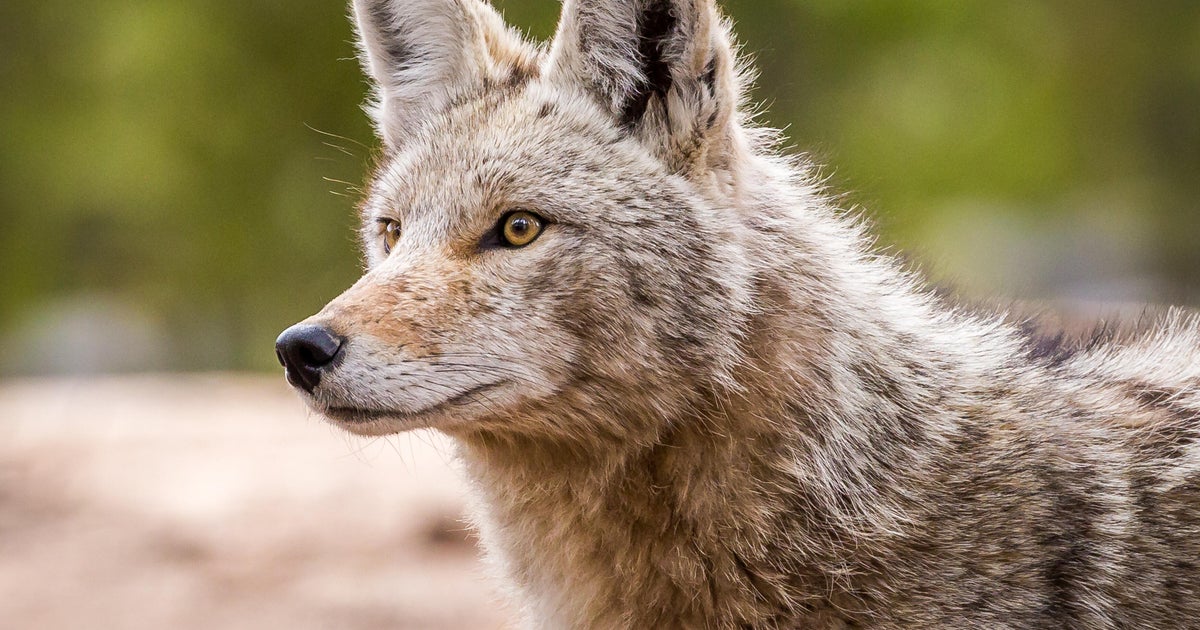Uncle of brothers involved in deadly mountain lion attack wants California policy changed
GEORGETOWN - Nearly three months after a fatal mountain lion attack in Northern California, we are hearing from a family member who is turning the devasting incident involving his nephews into a call for change.
The attack at the end of March killed Taylen Brooks, 21, and severely injured his brother Wyatt Brooks, 18, while they were antler shed hunting.
"We're really playing with fire, and what happened to Taylen and Wyatt may well end up being the tip of the iceberg," said Malcolm Brooks, uncle to Taylen and Wyatt. "It's not if, it's when."
Brooks said his nephews were both avid outdoorsmen and were taught from a very young age what to do if they ever encountered a mountain lion.
The mountain lion first attacked Wyatt and Taylen tried to fight the lion off of his brother. Wyatt was who ultimately ended up calling 911 for help after his brother was dragged away by the mountain lion.
"It's the first documented ever in the United States of a pair of adult-sized men being confronted and faced head-on by a mountain lion," Brooks said.
He said he missed a call from his mother, Taylen and Wyatt's grandmother, the day of the attack. It was followed up with a text that confirmed the family's worst nightmare.
"She stated in the text that Taylen had been killed by a mountain lion, and my initial reaction to it was this has to be some kind of weird joke. 'This is evidently not my mom texting me. This is some kind of like goofy hijacking of her phone or something,' " Brooks said.
Since the attack, Brooks said he has been extensively researching mountain lions and action that can be taken, specifically regarding Proposition 117.
It passed in 1990 and "establishes that the mountain lion is a specially protected mammal under the laws of this state, and makes it unlawful to take, injure, possess, transport, import, or sell a mountain lion or a product of a mountain lion."
Brooks said the problem is that the California Department of Fish and Wildlife (CDFW) put a three-strike policy in place in 2017.
"A stakeholder, land owner, livestock owner basically has to demonstrate that the same lion has come on a predatory basis to the property three separate times before they will issue a lethal depredation permit," Brooks said.
He said he doesn't want anyone else to be put in the same situation as his nephews, even though they did everything right.
"You don't know what an individual lion is going to do. This totally blows out of the water the idea that you can predict a predatory cat's behavior because, apparently, you can't," Brooks said.
Brooks explained that the goal is not to get rid of mountain lions completely but to make them less comfortable around humans.
"Figure out a way to make pursuit permits a possibility for people who have lion hounds. Not lethal permits, just pursuit permits. Put pressure on this population. Get them to de-habituate from human population zones," Brooks said.
As for Wyatt, Brooks said he is as resilient as ever and is handling the situation better than most would.
"His septum is still pretty wiped out internally but to look at him from the outside, he looks 90% just like he did prior to everything going down in the first place," Brooks said.
The CDFW released the following statement about the three-strike policy:
"CDFW does not have any rule requiring "three strikes." What we do have is a policy that lays out deliberate steps to balance human-wildlife conflict by helping landowners take basic, reasonable steps in managing livestock and pets to reduce conflicts while still allowing lethal permits. Most importantly, that policy only applies to situations where there is not an imminent threat to public safety."
In regards to the pursuit permits, the CDFW said, "We already allow lion hazing with dogs under a depredation permit."






